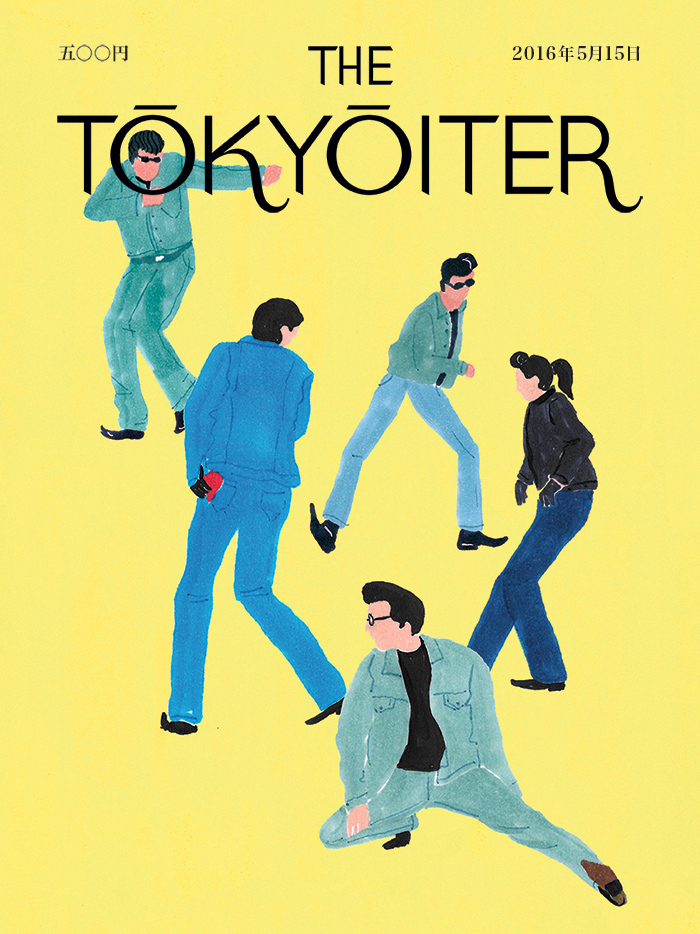Our illustrious Senator from Minnesota Al Franken has long been a Deadhead, or at least an ardent fan. He and comedy partner Tom Davis were the first writers hired by Saturday Night Live in 1975 and occasionally also performed routines on the show. They were also Grateful Dead fans responsible for getting the band booked on SNL.
So by the time 1980 and the eight-night residency of the Grateful Dead at Radio City Music Hall rolled around, Franken and Davis were asked to host the final night, Halloween, for a show that was simulcast on radio and closed circuit television to 14 movie theaters around the country. Their job? To help entertain viewers and fill the two 40-minute breaks in the Dead’s show.
For Radio City Music Hall, the event saved its financial skin. According to Rolling Stone, by the late ‘70s, “with New York City in fiscal freefall, Radio City’s future was suddenly shaky; movie attendance dropped, and plans to convert it into an office building or parking lot loomed.”
The solution was to book pop and rock acts. The first was Linda Ronstadt. The second was the Dead, and soon Deadheads descended on Rockefeller center, buying up 36,000 tickets.
Franken and Davis pre-taped many of the segments, and the Dead loved mocking themselves. There’s a Jerry Lewis Telethon parody for “Jerry’s Kids,” where Franken urges donations for acid casualties; Bob Weir’s luxurious hair is admired; drugs and penis jokes abound; and at one point Davis “mistakenly” drinks acid-dosed urine and trips out. (In reality, Davis actually had dropped acid for the live portion.)
Radio City’s lawyers sued after the concerts for damaging its reputation, but later settled. A compilation video of the Halloween show and the previous night’s concert was released in 1981 as Dead Ahead, the source of these clips.
Tom Davis died in 2012 from throat and neck cancer; and Al Franken represents the citizens of Minnesota, but did briefly take over SiriusXM’s Grateful Dead channel in May of 2017 to host a full day of music and interviews with Bob Weir, Bill Kreutzmann and Mickey Hart, the surviving members of the Dead (always an ironic turn of phrase).
Related Content:
Senator Al Franken Does a Pitch Perfect Imitation of Mick Jagger (1982)
Al Franken Effortlessly Draws the Map of America
11,215 Free Grateful Dead Concert Recordings in the Internet Archive
Bob Dylan and The Grateful Dead Rehearse Together in Summer 1987. Listen to 74 Tracks.
The Grateful Dead Play at the Egyptian Pyramids, in the Shadow of the Sphinx (1978)
Ted Mills is a freelance writer on the arts who currently hosts the artist interview-based FunkZone Podcast and is the producer of KCRW’s Curious Coast. You can also follow him on Twitter at @tedmills, read his other arts writing at tedmills.com and/or watch his films here.








